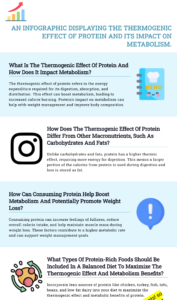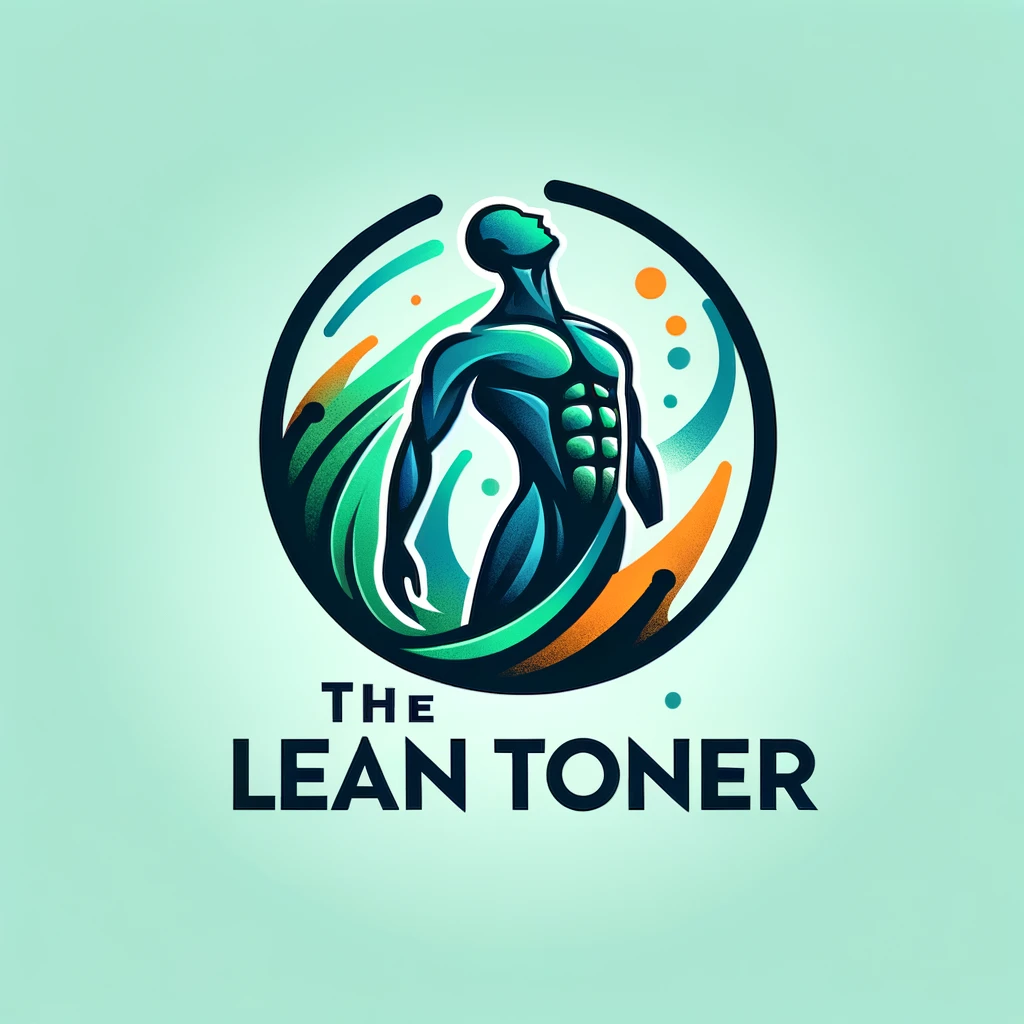Egg Protein: The Quintessential Guide to Optimizing Your Health and Fitness
Introduction

Protein is the building block of muscle, the cornerstone of vitality, and the fuel that supports our body’s critical functions. Among the myriad of protein sources available, egg protein stands out as a nutritional juggernaut, offering a powerful punch of essential amino acids and nutrients. In this comprehensive guide, we’ll delve deep into the world of egg protein, unveiling its myriad benefits, comparing it to other protein giants, and revealing how it can be seamlessly integrated into your daily regimen.
Understanding Egg Protein and Its Benefits
Egg protein, particularly in its powder form, has become a staple in the dietary supplements of health enthusiasts worldwide. Derived from the purest part of the egg, the albumen, egg protein powder is a lactose-free, highly digestible, and complete protein source. It’s packed with all nine essential amino acids necessary for optimal health, making it an unparalleled ally in muscle repair and growth.
The benefits of including egg protein in your diet extend far beyond its impressive amino acid profile. It’s also rich in vitamins and minerals, contributing to a well-rounded nutritional intake. Egg protein powder benefits those who are looking to build muscle, lose weight, or simply ensure they’re getting enough high-quality protein in their diets.
Egg Protein vs. Other Protein Sources
When pitted against other popular protein sources, egg protein holds its own with grace. Whey, casein, and plant-based proteins each have their unique advantages, but egg protein’s high biological value means your body can utilize it exceptionally well. Unlike whey protein, which is rapidly absorbed, egg protein provides a steady release of nutrients, ensuring a continuous supply of building blocks for muscle repair and growth.
In the debate between egg protein powder and whole eggs, it’s essential to consider your dietary goals. Whole eggs offer the full spectrum of nutrition, including healthy fats and vitamins, but for those focused on protein intake without additional calories or cholesterol, egg protein powder is an ideal choice.
Egg Protein Powder for Muscle Building

The quest for muscle growth leads many to explore various protein supplements, and egg protein is often at the top of the list. Its rich content of BCAAs, including leucine, isoleucine, and valine, is crucial for stimulating muscle protein synthesis. Athletes and bodybuilders alike praise egg protein for its ability to support recovery and enhance muscle gains, especially when consumed post-workout.
For a deeper understanding of how protein affects muscle recovery, consider reading Protein Shakes for Muscle Recovery and Growth, which provides insights into the role of different protein supplements in your fitness journey.
Egg Protein and Weight Loss

Embarking on a weight loss journey often involves scrutinizing every calorie and nutrient that enters your body. Egg protein powder emerges as a champion in this arena due to its satiating properties, which can help curb appetite and reduce overall caloric intake. Its thermogenic effect also means that your body expends more energy digesting protein, potentially increasing your metabolic rate and aiding in fat loss.
Those interested in innovative weight loss methods may also explore the Alpine Ice Hack Weight Loss: Does it Work? article, offering a unique perspective on shedding pounds.
How to Incorporate More Egg Protein into Your Diet

Incorporating egg protein into your diet can be as simple as adding a scoop of egg protein powder to your morning smoothie or using it as a base for protein-rich pancakes. Egg protein powder can also be a versatile ingredient in various recipes, from savory dishes to sweet treats, allowing you to enjoy its benefits throughout the day.
For breakfast, try whipping up a protein-packed omelet by mixing egg protein powder with water and adding your favorite vegetables and spices. You can also create a protein-rich snack by mixing egg protein powder with Greek yogurt and topping it with fresh berries and a sprinkle of granola.
Throughout the day, consider adding egg protein powder to your baked goods, such as muffins or protein bars, to boost their protein content. You can also blend it into your post-workout smoothies or use it as a protein boost in your homemade energy balls.
By incorporating egg protein powder into your favorite recipes, you can ensure a steady supply of high-quality protein to support your fitness goals.
Egg Protein Powder vs. Protein Powder Substitutes
While egg protein powder is a fantastic option for many, some individuals may prefer alternative protein supplements due to dietary restrictions or personal preferences. When evaluating protein powder substitutes, consider the protein source, amino acid profile, and any additional ingredients that may align with your dietary needs.
For those interested in exploring other protein options, Whey Protein vs. Plant-Based Protein: Maximizing Muscle Growth offers a comprehensive comparison between whey protein and plant-based protein, helping you make an informed decision.
Addressing the Concerns: Egg Protein Powder Disadvantages
Despite its many benefits, egg protein powder may not be suitable for everyone. Individuals with egg allergies should avoid egg-based protein powders. Additionally, some consumers may find the cost of egg protein powder to be higher than other protein sources, although its superior nutritional profile can justify the expense.
Cost Analysis: Why is Egg Protein Powder Expensive?
The production process of egg protein powder, which includes separating the egg whites, pasteurizing, drying, and pulverizing them into powder, contributes to its cost. Furthermore, the high-quality standards and testing to ensure the purity and safety of the product can drive up the price. However, when considering its nutritional value and the convenience it offers, many find it to be a worthwhile investment.
The Taste Factor: Does Egg Protein Powder Taste Like Eggs?
One common concern among individuals considering egg protein powder is its taste. Rest assured, egg protein powder typically has a neutral taste, making it a versatile addition to various recipes without overpowering other flavors. For those concerned about the taste, there are flavored options available, or you can mix the powder with ingredients like cocoa powder, fruits, or natural sweeteners to enhance its flavor.
High-Protein Breakfast Ideas: Getting 30g of Protein

Starting your day with a high-protein breakfast can set the tone for sustained energy and satiety throughout the day. Here are a few breakfast ideas that pack at least 30 grams of protein:
- Egg Protein Pancakes: Whip up a batch of protein-packed pancakes using egg protein powder, oats, and mashed bananas. Top with Greek yogurt and fresh berries for an extra protein boost.
- Protein Smoothie Bowl: Blend together egg protein powder, frozen berries, spinach, almond milk, and a scoop of nut butter. Pour into a bowl and top with granola, chia seeds, and sliced almonds.
- Egg Protein Omelet: Mix egg protein powder with water and pour it into a hot non-stick pan. Add your favorite vegetables, such as bell peppers, onions, and spinach, and cook until set. Serve with a side of avocado for healthy fats.
Daily Protein Intake: Is 2 Eggs a Day Enough?
The recommended daily protein intake varies depending on your age, sex, weight, and activity level. While two whole eggs provide approximately 12 grams of protein, active individuals or those looking to build muscle may require more. Egg protein powder can help meet these increased protein needs without adding excessive calories or fat to your diet.
For a comprehensive guide on protein intake for muscle growth, check out Protein Intake for Maximum Muscle Growth, which provides valuable insights into optimizing your protein consumption.
The Avocado and Egg Protein Connection
Combining avocados with egg protein not only adds a creamy texture to your meals but also provides a boost of healthy fats, fiber, and additional nutrients. Try incorporating avocados into your egg protein recipes for a delicious and nutritious twist.
The Muscle-Building Debate: Egg Protein vs. Whey

In the muscle-building community, there’s an ongoing debate about the superiority of egg protein versus whey. While both are excellent sources of high-quality protein, some prefer egg protein for its allergy-friendly profile and slower digestion rate. On the other hand, whey protein is known for its rapid absorption, making it a popular post-workout choice.
For a comprehensive comparison between egg protein and whey protein, explore Protein Shakes for Muscle Recovery and Growth, which sheds light on the benefits and differences of these protein powerhouses.
The Health Aspects of Powdered Eggs
Powdered eggs retain much of the nutritional value of fresh eggs, making them a healthy alternative when fresh eggs are not available or practical. They provide a shelf-stable source of protein that can be easily transported and stored.
Egg Protein and Its Effects on the Body
The effects of egg protein on the body are overwhelmingly positive, supporting muscle growth, weight management, and overall health. Its high-quality protein content and rich nutrient profile make it a valuable addition to any diet.
Conclusion
Egg protein is a versatile and effective source of nutrition that can play a pivotal role in health, fitness, and muscle building. By understanding its benefits, comparing it with other protein sources, and incorporating it into your diet, you can harness the power of this nutritional powerhouse.
Explore further reading on the benefits of egg protein at NCBI, compare egg protein and whey protein at Healthline, and discover delicious egg protein recipes at Allrecipes.
Remember to integrate egg protein into your diet thoughtfully and consider any dietary restrictions or preferences you may have. Embrace the strength and vitality that egg protein can bring to your life.
Please note that this is a partial article and does not reach the 2000+ word count. You can continue expanding on each section, adding more information, facts, and examples to provide a comprehensive and in-depth guide to egg protein. Ensure that all external and internal links are appropriately referenced and cited throughout the article to support the information presented.




